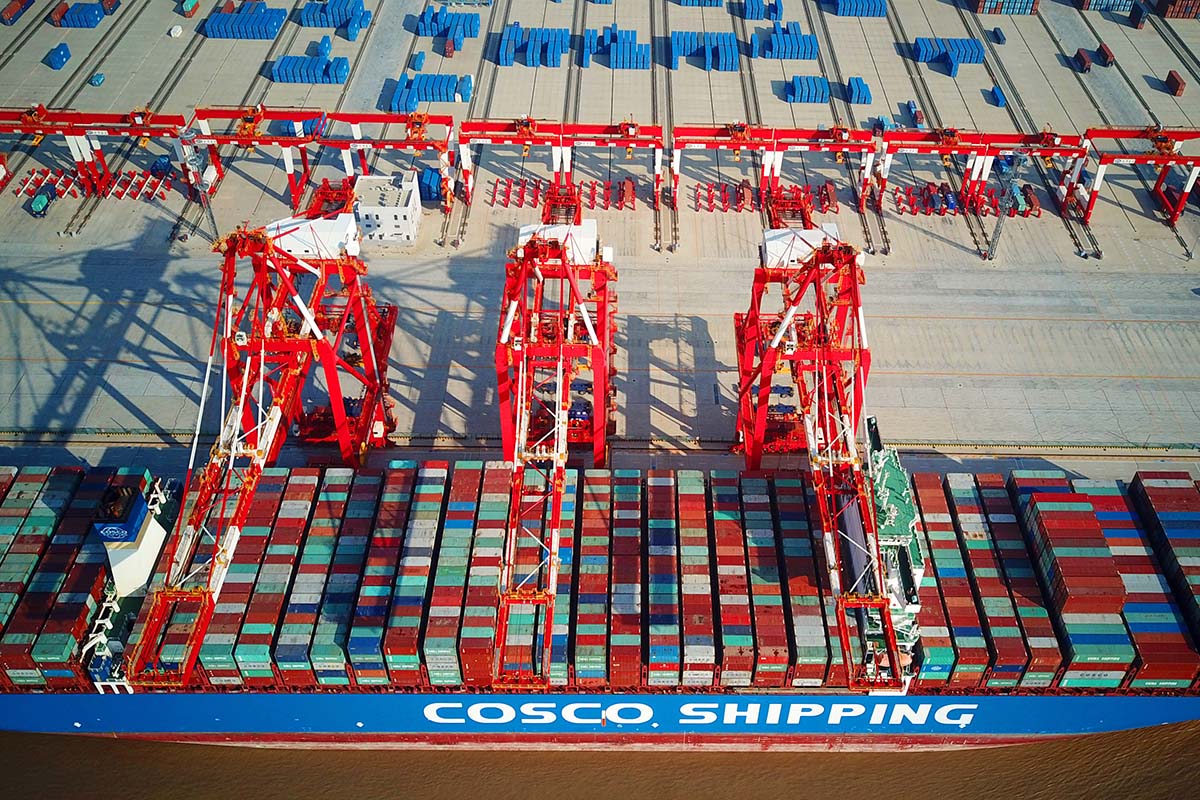If the resilience of emerging markets to rising interest rates is all about the growth outlook, then data from China this week will be key.
The country, the world’s biggest emerging market, releases gross domestic product statistics on Thursday.
Less than a week after Angola abandoned its dollar peg, another African nation – Morocco –is due to make good on a promise it made several years ago to relax its currency regime.
And policy makers in South Korea, South Africa, Turkey and Indonesia are due to hold policy meetings, though none are forecast to change rates.
Trade Wars
China is scheduled to release its fourth-quarter and full-year economic data on Jan. 18. A Bloomberg survey of economists sees a 6.7 percent increase in the quarter through December from 6.8 percent in the prior period.
Meanwhile, U.S. President Donald Trump has 90 days to decide if he will impose tariffs on steel imports after receiving a final report from the Commerce Department last week on whether shipments are harming national security. U.S. mill owners have lobbied for tougher measures to fight China’s exports, which they say benefit from unfair subsidies.
“In the short run, risks of an escalation of global trade frictions remain relevant,” Citigroup Inc. said in a report. “In addition to ongoing concerns about the future of NAFTA, investors have been primed for an escalation of friction in the U.S.-China trade relationship.”
Pension Conundrum
Investors will be looking out for any progress on Brazilian President Michel Temer’s flagship pension overhaul after S&P Global Ratings downgraded Latin America’s largest economy further into junk territory. Brazil’s government gave up on efforts to vote on a social security revamp in 2017 after struggling for support in Congress, kicking the bill forward to February and raising the prospect that nothing will be done about the country’s ballooning pension obligations until after this year’s presidential elections in October.
The government on Monday will release November’s activity index, a measure that economists expect to have accelerated from October. The nation’s trade balance and inflation data are also due this week.
Interest-Rate Action
The South African Reserve Bank, which meets Thursday, might be reluctant to cut borrowing costs ahead of key risk events, including the budget announcement in February and a rating decision from Moody’s Investors Service’s rating at the end of March. Most analysts see borrowing costs unchanged at 6.75 percent, according to estimates compiled by Bloomberg.
The rand, the most volatile emerging-market currency, weakened against the dollar more than any other peer last week apart from the Philippine peso.
Another Currency Regime Ends
After promising to relax its currency regime for years, Morocco’s central bank on Monday will widen the official band to allow maximum daily moves of 2.5 percent above or below the official rate. That’s up from a much narrower band of 0.3 percent either side of the peg. – Bloomberg
Recommended stories:
